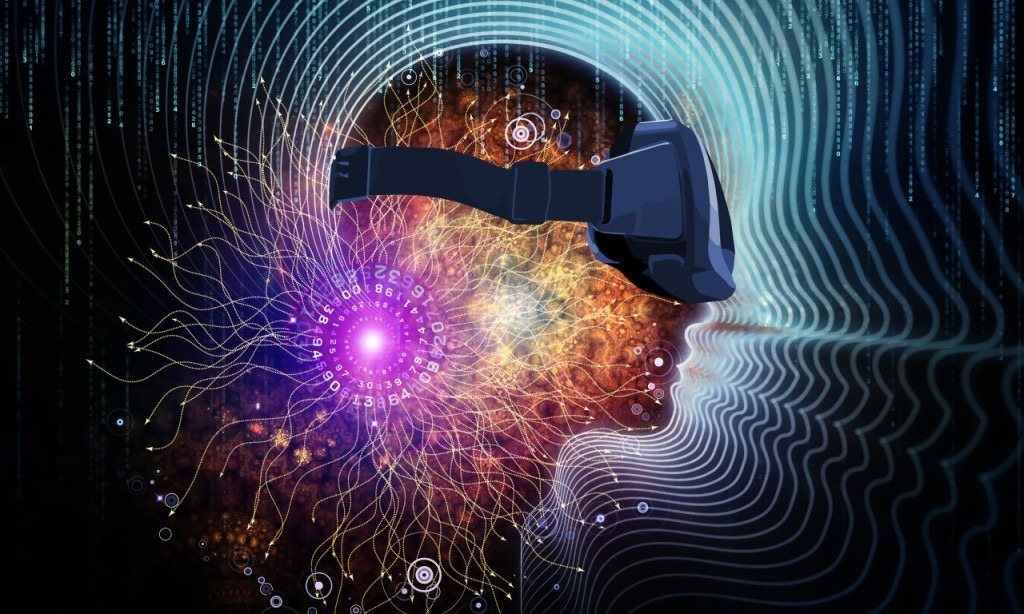Study: Automated VR psychotherapy can help reduce anxiety and distress, especially among those with psychosis and severe agoraphobia
 Oxford University VR spinout demonstrates significant psychotherapy benefits in Lancet study (Fierce Healthcare):
Oxford University VR spinout demonstrates significant psychotherapy benefits in Lancet study (Fierce Healthcare):
Virtual reality can help treat symptoms in patients with psychosis, according to a new study published in The Lancet Psychiatry.
GameChangeVR automates psychotherapy, guiding users with a virtual coach. It was developed by OxfordVR, a digital therapeutics company, the University of Oxford and Oxford Health NHS Foundation Trust … The study, based on 346 patients, found that automated VR therapy led to “significant reductions” in symptoms of anxious avoidance and distress. The technology especially benefited those with severe symptoms. The study concluded that the technology has the potential to increase access to effective care for psychosis.
One of the benefits of VR is that patients know they are in a simulation, which enables “psychological distance from problematic reactions,” the study authors wrote. “The process of finding the best uses and implementation methods of this immersive technology at scale in mental health is only beginning.”
The Study:
Automated virtual reality therapy to treat agoraphobic avoidance and distress in patients with psychosis (gameChange): a multicentre, parallel-group, single-blind, randomised, controlled trial in England with mediation and moderation analyses (The Lancet). From the summary:
- Background: Automated delivery of psychological therapy using immersive technologies such as virtual reality (VR) might greatly increase the availability of effective help for patients. We aimed to evaluate the efficacy of an automated VR cognitive therapy (gameChange) to treat avoidance and distress in patients with psychosis, and to analyse how and in whom it might work.
- Interpretation: Automated VR therapy led to significant reductions in anxious avoidance of, and distress in, everyday situations compared with usual care alone. The mediation analysis indicated that the VR therapy worked in accordance with the cognitive model by reducing anxious thoughts and associated protective behaviours. The moderation analysis indicated that the VR therapy particularly benefited patients with severe agoraphobic avoidance, such as not being able to leave the home unaccompanied. gameChange VR therapy has the potential to increase the provision of effective psychological therapy for psychosis, particularly for patients who find it difficult to leave their home, visit local amenities, or use public transport.


